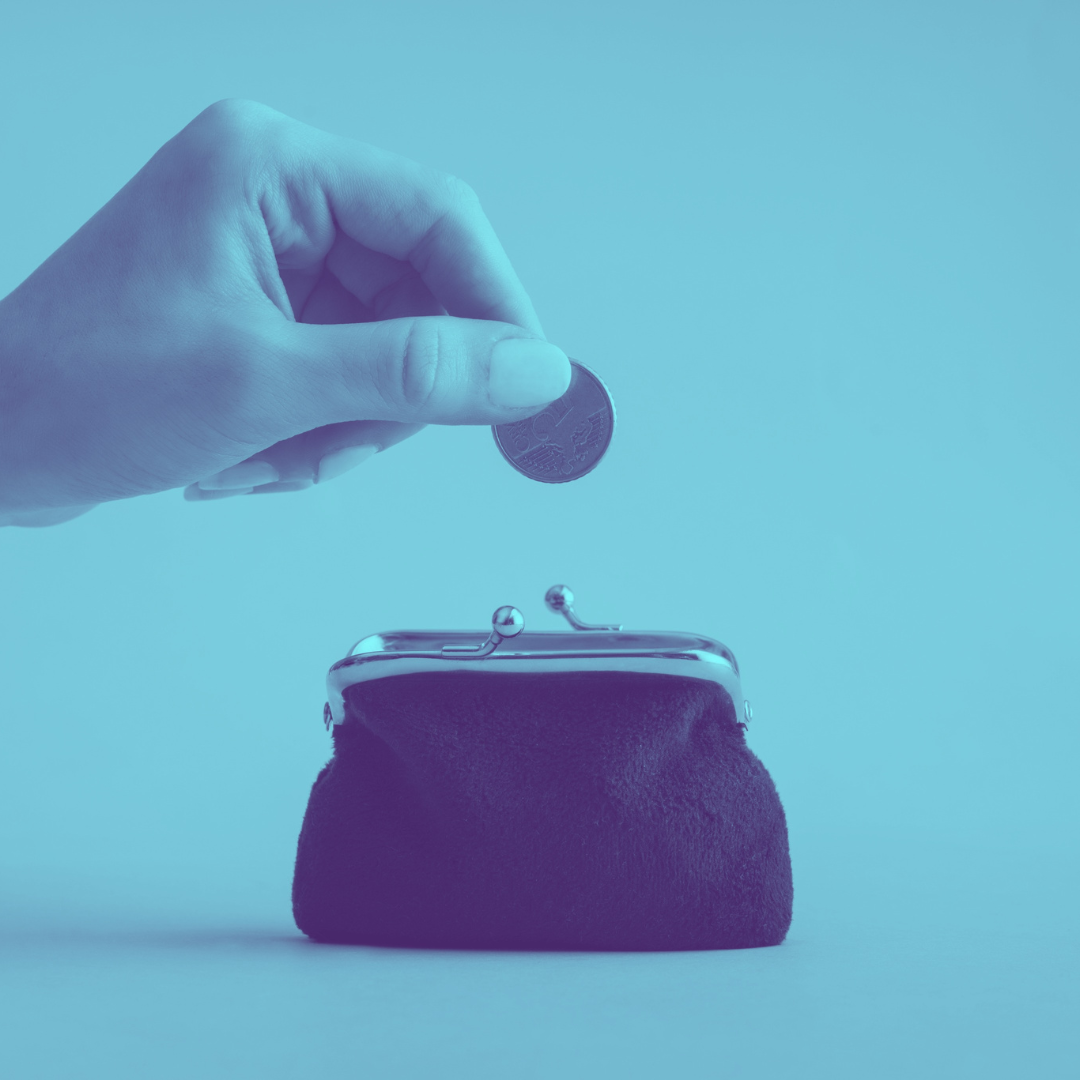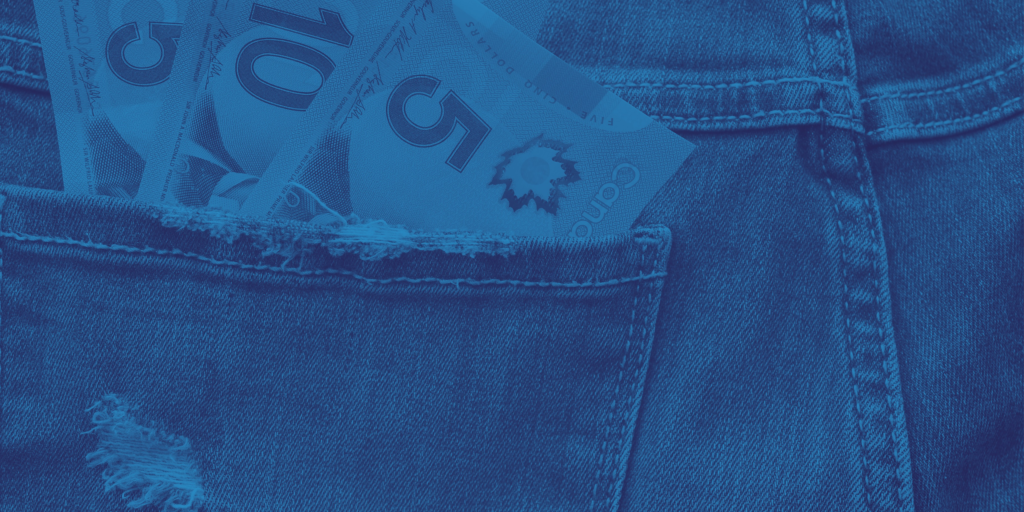
With spring in full bloom and warmer temperatures on the horizon, May marks the end of another tax season. While getting a tax refund can be a delightful bonus for your household budget, an unexpected tax bill can be unwelcome news. Owing money to the Canada Revenue Agency (CRA) might feel daunting, but ignoring your tax debt is not the answer and will only lead to future financial hardship. So, whether you can pay your tax debt off all at once or in scheduled payments over a period of time, committing to paying your outstanding tax bill can help you secure a debt-free financial future.
Owe tax money to the CRA? Don’t hit the panic button. An array of financial options are available to help you eliminate your tax debt and make you feel confident about your financial outlook. The most important step is not to let your tax debt slip by. But don’t just take our word for it – hear it from an expert! Curt Reimer, Branch Manager at Valley First, shares his perspective on how Canadians can tackle their tax debt:
“Realizing that you owe income tax to CRA can feel daunting, but as with any financial goal you may have (which is what this becomes – a new financial goal that requires planning and discipline to achieve), you simply need to break it down and tackle it head on. Which is my first piece of advice: don’t ignore it!”
Here are a few options for managing your tax repayment plan in 2023:
1. Paying your taxes in full
If this tax season has you owing funds, why not take one less bill off your plate? Consider paying your taxes off in full! Whether you have the funds readily available or not, paying off your outstanding tax balance in one lump sum is a fantastic way to protect your financial well-being and help you avoid incurring additional interest charges that come with late tax payments. Plus, you can get the CRA off your back by paying your taxes in one fell swoop.
Don’t have the cash on hand? Curt Reimer recommends a few alternative options to get your outstanding balance paid in full:
- Review any savings/investment accounts that you currently have and consider pulling some out to pay the outstanding taxes. Sometimes, eliminating a debt does a lot more for your mental health even if it means delaying a savings goal by a little bit.
- A financial advisor at your local credit union can help you with a plan to pay your tax bill. This might involve some credit planning – including an application for a consolidation loan; and a longer-term look forward to anticipate what next year might look like and start putting a plan in place to feel more prepared next year.
Just remember, you can do this!
2. Arrange a scheduled payment plan directly with the CRA 
Can’t knock off all your tax debt right away with any of the options above? Don’t fret. If you can’t pay your owed taxes in a single payment, you can work with the CRA to set up a payment plan.
By setting up a scheduled payment arrangement, you can pay smaller amounts at regular intervals, allowing you to pay your debt off over time instead of just one lump sum payment. For instance, if you owe $1,000, you might offer to pay the CRA $100 every month over the next ten months. These smaller contributions can help you feel less overwhelmed about your debt and ensure you stay on track to meet your financial obligations in the allotted time. However, it’s important to remember that once you agree to a payment arrangement with the CRA, making payments on time is essential to avoid incurring additional penalties and interest. Consider setting up automated monthly payments to ensure you stay on track with your tax repayment plan instead of simply relying on your memory to check off that payment each month.
3. File a Consumer Proposal
If options 1 & 2 have been explored but will not work for your current financial situation, a consumer proposal might be the solution you’ve been looking for. With a consumer proposal, you can negotiate with your creditors to partially repay your debt over five years. With the assistance of a Licensed Insolvency Trustee, this proposal can help you come to an agreement with the CRA to pay only a portion of your outstanding tax balance through monthly payments, with the remaining debt forgiven after you’ve completed the proposal. So, if you owe money on your taxes this year and are unable to pay your debts, a consumer proposal can be an effective strategy to eliminate your tax debt without the fear of losing any of your assets. Plus, by effectively using this debt repayment option, you’ll be able to cross your tax debt off your list and get back on your financial feet without having to declare bankruptcy.
4. File for bankruptcy
Now if a consumer proposal fails to resolve your tax debt woes, it might be time to consider one final option – bankruptcy. Filing for bankruptcy can be an appropriate solution to eliminating your tax debt, and it can help prevent creditors from taking legal action against you as you work to clear your debts. However, declaring bankruptcy is a complex process and is not a financial decision that should be taken lightly. That’s because while it provides creditor protection if you qualify, it can negatively impact your credit rating. It’s also important to recognize that not everyone can file for bankruptcy. In Canada, if you are a Canadian resident who cannot pay your bills when they are due and owe a balance of more than $1,000, you are eligible to file for bankruptcy. Before choosing this option to resolve your tax debt problem, take the time to speak with a licensed insolvency trustee to get a holistic picture of your financial situation and determine if this is the right option for you.
Take control of your tax debt with the help of a credit union
Tackling your tax debt can often feel like swimming with your boots on – certainly a very daunting task. Now while navigating your tax debt and other financial obligations can feel like a balancing act, Canada’s credit unions are a great financial option to help you manage your tax debt and preserve your financial future. Not yet a credit union member? Find your nearest credit union here.

